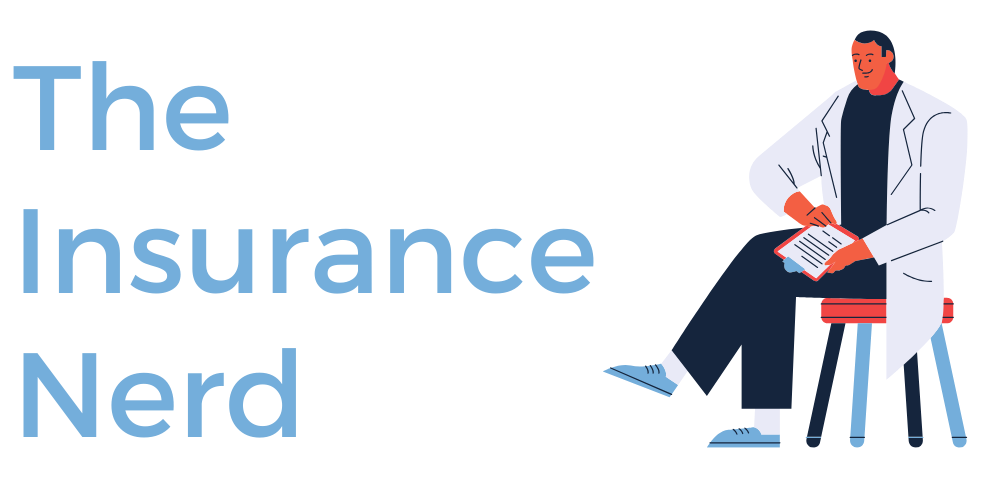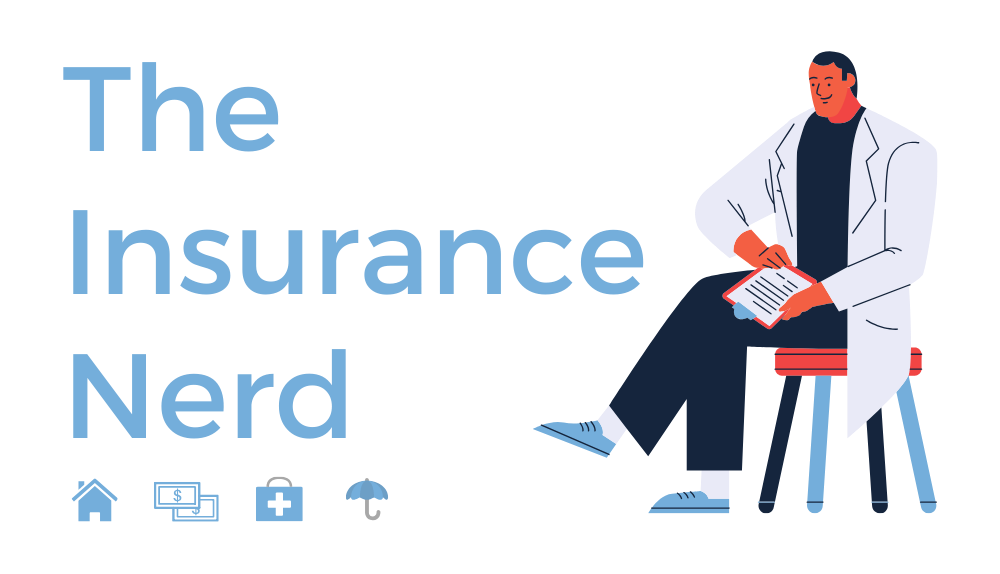Have you been planning on purchasing your first home? Got no idea where to go or what to do when buying a home?
Worry not, because we’ve got your back.
From the basics to the other know-hows, let us guide you through a small learning session on getting a mortgage best for your needs and more. I’ll be sharing what we know about mortgages, and hopefully, you’d have a clearer understanding of this financial aspect.
What’s a mortgage?
I believe one of the things we have to be aware of is being financially literate.
Being financially literate is essential as it enables people to be aware of responsibilities like bills and taxes. Having financial responsibility also means one should learn about the available options to make the best financial decisions.
It’s easy to learn how to be financially literate, and it’s better to know to make financially sound decisions at a younger age. Younger people can learn about financial literacy from saving up to managing their school allowances.
For those starting in their respective careers, budget management is a staple for managing finances. Most individuals would opt to get savings from their full-time jobs, and other people venture to different side gigs.
To start things off, one should be prepared with their finances, as a mortgage is not the most manageable loan you can get.
A mortgage is a form of loan one acquires to purchase a home or maintain a property. Mortgages are also loans with set terms like interest rates, depending on the mortgage you avail from lenders.
Mortgages are also ‘secured’ against the home value of your choosing until loaners pay it off.
Relevant: Read about reverse mortgage here
Do remember the following every time you think of what a mortgage is:
- Mortgages are usually flexible long-term loan plans meant to support home buyers purchasing their homes or properties.
- Financial literacy is essential when availing of loans such as a mortgage.
- Mortgage loans will still depend on your income. Your income will determine how much you can borrow, along with the payment terms.
In other terms, a mortgage is a type of loan that caters to real estate. It also depends on one’s financial status. Homebuyers avail it as part of choosing their home.
When should I get a mortgage?
One always has to remember that getting a mortgage is a big financial responsibility that requires financial literacy. It’s best to raise and maintain a good credit score.
What should you consider, then, when getting a mortgage?
Some factors one must consider when planning on borrowing money for a mortgage:
1. Determine your income and budget: This is crucial as this will be a critical factor when looking for a home investment. Is your income stable? Have you saved enough money to get started?
2. Examine the area where you want to purchase your property. What’s the location known for, or is the property you’re eyeing near a prime or a popular spot?
3. Think long-term: Will you be able to manage the expenses, alongside paying off the mortgage and side fees, in the next ten years or so?
4. House prices can impact mortgages. A house with a higher price than the approval limit would mean a larger down payment has to be made.
How much money can I borrow for a mortgage?
The thing with loaning for mortgages is that you can get higher loans when you have a higher credit score. With a better credit score, you’ll have more lender options to choose from for your loan.
You can get started by checking out reputable lenders and banks, along with their terms and conditions. Most lenders will consider an applicant’s debt-to-income ratio in determining risk.
Remember that the amount of money you can borrow for a mortgage will depend on your credit score. The amount you’ll borrow will also determine the repayment terms.
How do I calculate the mortgage?
It’s easy to calculate your mortgage!
In calculating the mortgage, it’s possible to estimate the total monthly payment by hand using a standard formula. I would suggest using an online calculator, as it will be easier for you to compute accurately.
Image screenshot from Bankrate.com (https://www.bankrate.com/calculators/mortgages/mortgage-calculator.aspx)
Calculating for your mortgage:
I’m linking Bankrate’s online mortgage calculator for an interactive experience here for a more comfortable computing experience. If you aim to do things manually, follow the steps below:
1. You should first determine the initial loan amount, also known as the mortgage principal. It is often the amount you borrowed to buy a home and have to pay down each month.
2. You then have to calculate the monthly interest rate. Usually, buyers with down payments, high credit scores, and low debt-to-income ratio have lower interest rates.
The monthly interest rate calculation can be computed by hand by dividing the annual interest rate by 12.
3. The next step is calculating the number of payments—the most common term for a fixed-rate mortgage being 30 or 15 years. You can get the number of monthly payments by multiplying the number of years by 12.
4. You would then need to calculate your private mortgage insurance, also known as PMI. A PMI is required to pay down less than 20% of the sale price on a home.
Even if the exact cost is detailed in the loan estimate, PMI would typically cost between 0.2% and 2%.
5. You need to consider the inclusion of the cost of property taxes, often included in mortgage payments. The lender will collect the payment and put the mortgage payments in escrow.
For those who’ve found the word ‘escrow’ for the first time, an escrow is a separate account where the lender can put the property taxes included in the monthly mortgage payment. After that, a third party will manage the money until you meet specific requirements.
If you’re puzzled about looking for the appropriate property tax rates, you can look for them on the respective local government’s website.
6. The next step is to consider the cost of homeowners insurance. Typically, insurance policies that have high deductibles have lower monthly premiums.
7. You would then calculate your monthly payment. You can compute the amount by hand using this equation:
Wherein
M – monthly mortgage payment
P – principal loan amount
i – monthly interest rate
n – number of months required to pay
- After calculating the M, you can then add the monthly property tax and homeowner insurance premium.
Looks like a handful to work on, right? I’ve linked an interactive mortgage calculator here for a convenient way to compute your mortgage.
What’s more, you can use the mortgage calculator to budget your finances if you can pay it off earlier or see if you can take other financial risks. Cool, right?
Also read: How to pay for mortgage with your credit card
What should I watch out for when getting a mortgage?
You should be careful when obtaining mortgage loans more costly than what’s initially in your budget.
If you aren’t vigilant enough, you might be paying more than what you aimed for. You may even fall for credit scams, which will bring significant losses and more debt in the long run.
Always inspect your down payment amount. Down payments that cost less than 2% of the house price often mean you’ll pay private mortgage insurance.
You must remember that mortgages will always have fees, including account closing costs, underwriting fees, and points. It is advised to ask for an estimate of the payments to decide how much you’ll pay.
You must also be aware of the interest rate and the type of interest rate on your mortgage. Never forget that your credit score will be a critical factor in mortgage rates.
Conclusion
Availing a mortgage is not an easy process as it carries the responsibilities of getting a housing loan. Financial literacy is crucial in the process of applying, acquiring, and settling a mortgage loan.
With this mortgage crash course, I hope this would give you a better idea of how you can be financially responsible for securing a mortgage.
You can borrow a higher mortgage loan when your credit score is high enough. Take note that not only you’ll be settling the mortgage loan itself, there’ll also be additional fees and interest rates. It’s also advised that you exercise paying their mortgage on time to avoid any financial difficulties in the future.
If you’re still confused and you’re left wondering where to go next, it’s best to speak with a financing expert near you.
Did you find this article helpful? Let us know in the comments what mortgage-related questions you need answers to!
Don’t forget to share this article with a friend as well. Check out these finance and mortgage-related articles below:





